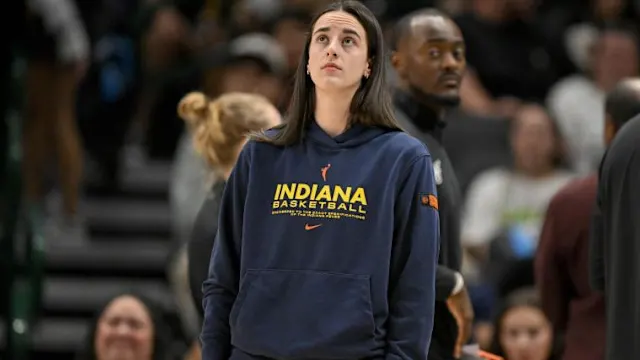At 97 years old, Boston Celtics legend and NBA Hall of Famer Bob Cousy has seen the game of basketball evolve in ways most fans can only read about in history books. Known as one of the NBA’s original superstars, Cousy has always maintained a sharp eye for the sport and a deep appreciation for its players, past and present. And even now, nearly six decades after his final game, his passion for basketball remains as strong as ever.
One of the latest stories to capture Cousy’s attention is the meteoric rise of Indiana Fever guard Caitlin Clark—a player whose influence has been dubbed by many as the “Caitlin Clark effect.” This isn’t just a catchy nickname. Since her days as a collegiate phenom at the University of Iowa, Clark has been a driving force behind a noticeable surge in popularity for women’s basketball. Her deep three-pointers, fearless confidence, and jaw-dropping stat lines have not only brought new fans to the WNBA but also created headlines that extend well beyond the sports world.
Cousy, who built his own legacy on skill, vision, and showmanship, recognizes greatness when he sees it. And while the eras of basketball he and Clark have played in could not be more different, the principle is the same—players who can electrify an audience are rare and transformative.
Yet, Clark’s journey hasn’t been without controversy. Her overwhelming popularity has, at times, made her a polarizing figure in the sport. While millions of fans adore her, some within the women’s basketball community have expressed mixed feelings about the attention she commands. There have been whispers—sometimes not so subtle—that certain players feel overshadowed by her spotlight. In a league filled with incredible talent, Clark’s outsized media presence can create a tricky dynamic, even among peers who respect her game.
This phenomenon isn’t new. In sports history, whenever a singular athlete captures the imagination of fans in a way few others can, it often leads to a split in public and peer perception. Cousy himself experienced elements of this during his own career, as his flashy, crowd-pleasing style drew both admiration and criticism. That’s likely why he has such a nuanced perspective on Clark’s situation—he’s been in her shoes, albeit in a different time and place.
The “Caitlin Clark effect” is more than just about one player; it’s about what her success means for women’s basketball. Attendance numbers are climbing. TV ratings are hitting new highs. Merchandise sales are surging. Young girls are showing up to games wearing her jersey, dreaming of hitting those same logo-range threes. Clark has become both a symbol of the sport’s progress and a catalyst for its continued growth.
Cousy’s admiration for her reflects not only his love for basketball but also his appreciation for players who can shape its future. To him, Clark’s rise is a testament to how much the game has evolved—and how much more room it has to grow. In many ways, her story is a modern reflection of his own journey: a player who stepped onto the court and changed the way people saw the game.
Whether fans love her, criticize her, or feel somewhere in between, one thing is undeniable—Caitlin Clark has made women’s basketball impossible to ignore. And if you ask Bob Cousy, that’s exactly the kind of legacy worth building.

